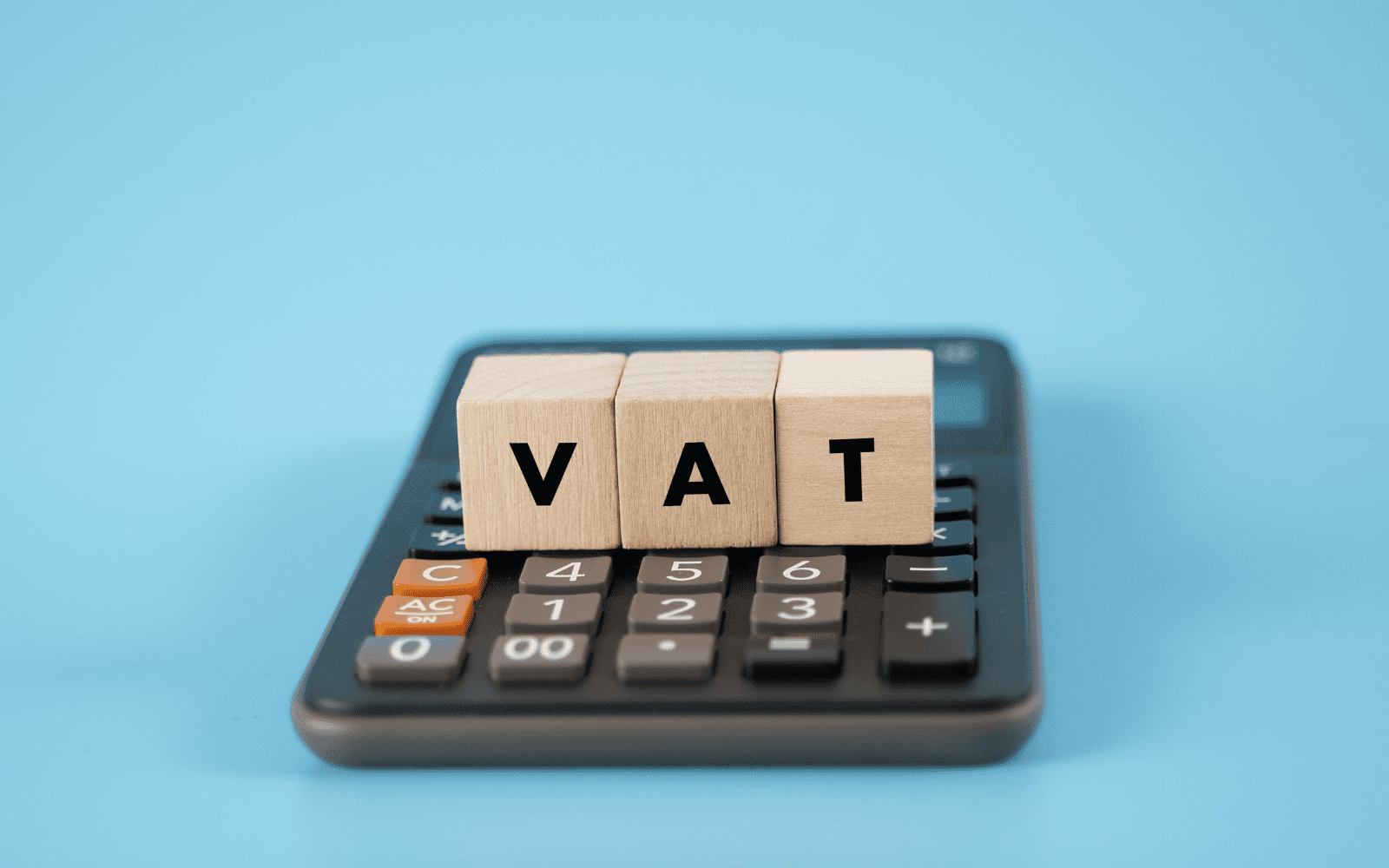How To Choose A Legal Structure For Your Business

Different legal structures for your company have an immediate effect on your taxes, responsibilities, obligations and liabilities. But they also have a long term impact on how your business can grow, thrive and exit.
As changing legal structure in the future is possible but really expensive in terms of both money and effort, getting it right the first time can shape your future success as an entrepreneur.
You have four main options:
– Sole Trader
– Partnership
– Limited Liability Partnership (LLP)
– Private Limited Company (LTD)
This last one is the most common option, as it’s usually regarded as the least risky and easily adaptable for most mainstream businesses, but the other legal structures can offer more flexibility and less administration. Let’s go through the pros and cons of all of them.
Sole Trader
If you are self-employed, you are classified as a sole trader. In order to start trading, you have to inform HMRC and register your business name.
You are not required to file your accounts with Companies House, and accountants’ fees are usually lower as you are only required to complete a profit and loss account.
You have full control over your business, you can employ staff and you are entitled to retain all of your profits after tax. At the same time, though, it will be harder to sell your business or part of it, as its legal entity is not separate from your own, and since your accounts are not filed it can be very hard to make an accurate valuation of your business.
The major downside of this legal structure is that you are considered responsible for any liability your business should incur. This means that if your business can’t pay its debt, you will be personally liable with your own assets. You are also liable for any legal matter involving your business.
In respect of taxation, you are required to file a Self Assessment Tax Return each year and pay Income Tax on your profits. You must also pay fixed-rate Class 2 National Insurance contributions (NICs) regardless of your profits, and Class 4 NICs on profits made. If you are expecting to earn over £83,000 in a year, you are also required to register for VAT.
Ordinary Business Partnership
In this legal structure, you personally share responsibility for the business as well as profits with your partner(s). Each partner files a Self Assessment with HMRC and pays income tax individually, as Partnership do not have a “legal personality” (excluding Scottish Partnerships and Limited Partnerships).
With this legal structure, you won’t have to notify HMRC nor to file your accounts, as all the individual partners remain self-employed. However, you will have to define a partnership agreement that comprises all actions that must be taken in case anything goes wrong. This can be time consuming and expensive.
Moreover, all partners are responsible for the business’ financial and legal liabilities, according to their share of the partnership, even when the liability is caused by a single partner. This requires absolute trust between partners and still puts your personal assets at risk.
Limited Liability Partnership
Very similar to the above, a Limited Liability Partnership differs from an Ordinary Partnership in the fact that partners are liable for debts up to the amount of money they invest into the business. This way, their personal assets are protected.
An LLP agreement defines the share of each partners’ profit and responsibilities, and also indicates which “Designated Members” have extra responsibilities.
Limited Liability Company
Setting up a Limited Liability Company (LTD) means creating a separate legal identity. So even though the directors of an LTD are responsible for the business, they are not personally liable for any of the debts incurred.
Even though registering an LTD is more expensive and requires more administration than being a sole trader or part of a partnership, it is less risky. It can also be more tax efficient as you can pay yourself as an employee while the profits are held by the company itself.
LTDs need to be incorporated with Companies House, undergo a yearly audit and file statements each year. You will need to fill in 4 forms:
– A Memorandum of Association, including the company’s name, location and function as well as your objects and liabilities.
– Articles of Association, which describe how the company will be run.
– Form 10, which states where the company’s registered office is located and specifies details of directors and their addresses.
– Form 12, showing that the company meets all the relevant legal requirements.
As an LTD, it will be much easier to both raise finance or sell part (or all) of your business. Your personal assets will be protected, and since your accounts are filed with Companies House, you will be able to prove your profitability as a business.
Limited Companies are required to pay a Corporation Tax (currently 19%) on their profits. Additionally, its director must fill in a Self Assessment Tax Return each year, specifying the amount received from the company as salary and as dividends.
We really hope this overview helps you figure out what is the best way to legally set up your company. If you are still uncertain, you can ask us or our sister-firm Ignition Law. We’ll be able to help you.
The information available on this page is of a general nature and is not intended to provide specific advice to any individuals or entities. We work hard to ensure this information is accurate at the time of publishing, although there is no guarantee that such information is accurate at the time you read this. We recommend individuals and companies seek professional advice on their circumstances and matters.




